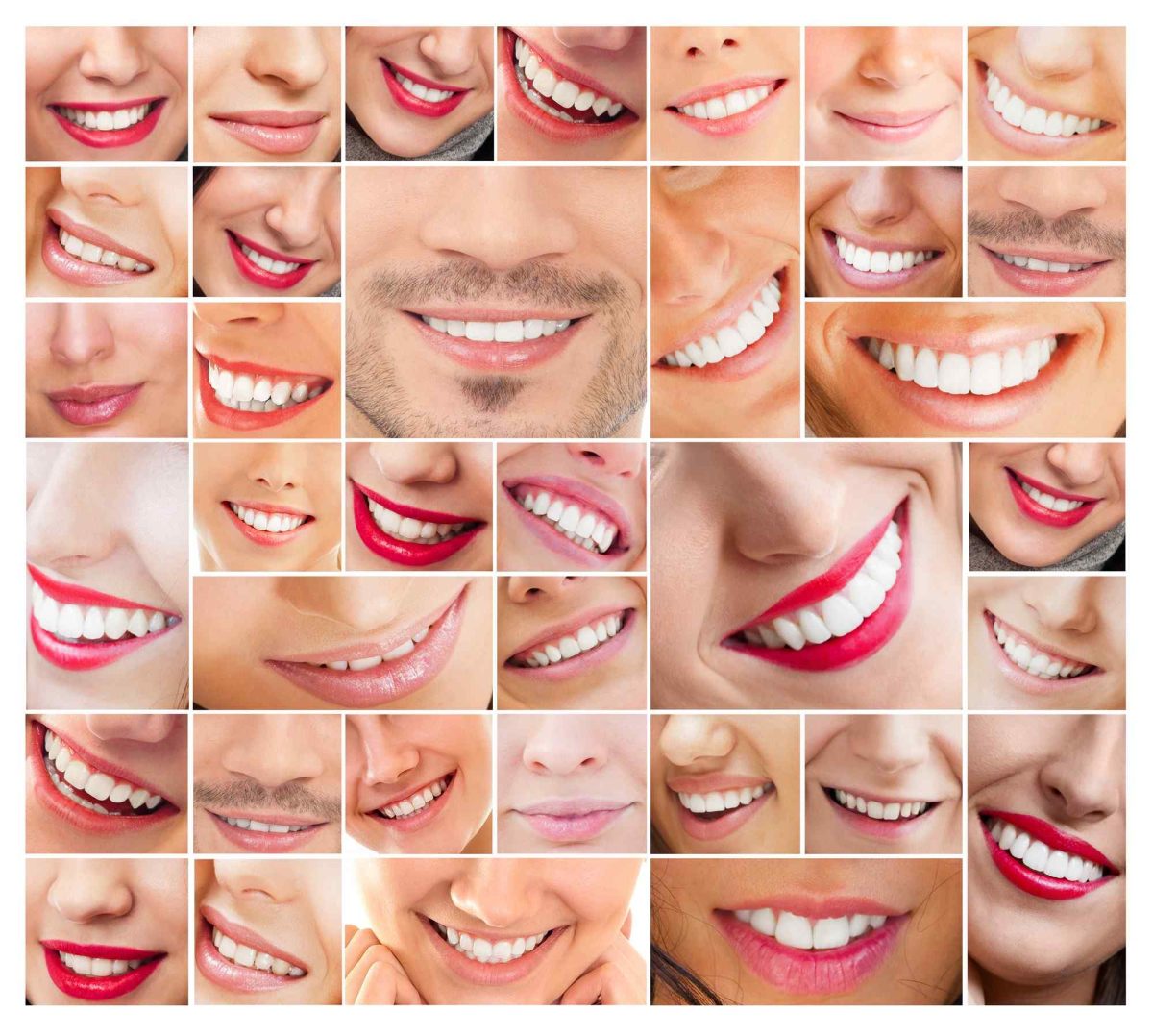Teeth care by generation

Aging is a step-by-step process that affects each human being. Age is indeed a
number, as you can remain youthful & energetic throughout your life only if
you take proper care of yourself.
It’s a fact that as we age our body needs additional care. Same is true for our
teeth, they also age as we grow older. As you age, it becomes even more
important to take good care of your teeth and dental health. One common
misconception is that losing your teeth is inevitable. This is not true. If cared for
properly, your teeth can last a lifetime.
The nerves in your teeth can become smaller, making your teeth less sensitive to
cavities or other problems. If you don’t get regular dental exams, this in turn can
lead to these problems not being diagnosed until it is too late.
As those birthday cake candles begin to multiply, it is important to maintain a
proper oral health routine to ensure that your smile remains intact.
What changes take place in your teeth as you age?
Wear and Tear
With every meal and every drink, you are wearing away at your enamel. The
type of food we enjoy will determine the extent of wear. Biting on food that is
hard may result in chips on the enamel, or craze line and in severe cases, may
result in tooth fracture.
Do not chew hard foods or ice and, if you find that you are prone to clenching
your teeth at night (a condition called bruxism), speak with your dentist about
wearing a night guard.
Gum Health
Receding gums are common in older adults. This is when the gum tissue pulls
away from the tooth, exposing the base, or root, of the tooth. This makes it easy
for bacteria to build up and cause inflammation and decay. Certain conditions
and diseases common in older adults can put them at risk for periodontal
disease.
Not brushing and flossing every day, Not getting regular dental care, Smoking,
Diabetes & Dry mouth,
Dry Mouth
Dry mouth increases as we age. Saliva production is important as it helps to
clean the mouth from bacteria. Dry mouth increases the likelihood of
experiencing tooth decay. Drinking more water, cutting back on caffeine, and
avoiding mouthwashes with alcohol can help remedy this problem, along with
chewing on sugarless gum or sucking on sugarless candies.
Further, as we age, we are more likely to take an array of medications. Many
medicines, such as some used to treat high blood pressure, high cholesterol,
pain, and depression, can reduce the amount of saliva you produce. This is
probably the most common cause of dry mouth in older adults. Side effects
from cancer treatment can cause dry mouth. Health conditions such as diabetes
& stroke, can affect your ability to produce saliva.
Yellowing Teeth
Over time, stains accumulate. Years of smoking, drinking coffee, and eating
various foods can quickly add up. The colour of the teeth may turn yellowish
with age. This is a result of the thinning of the enamel layer and the colour of
the yellowish dentin showing through. Fortunately, it is possible to avoid
yellowing teeth and to reverse the problem. Eating a bounty of fruits and
vegetables, drinking water after eating or drinking a colourful beverage, and
speaking with your dentist about teeth-whitening options are all ways to put an
end to a yellow smile.
Cavities
Cavities affect the young and the old. However, as we age, the nerves in our
teeth become less sensitive. This means that we may not feel a problem as
quickly as we did when we were younger and may not be as likely to seek
treatment in the earlier stages of a cavity. With this fact in mind, it is important
that regular visits to the dentist are prioritized. Further, old fillings need to be
checked to ensure that they are still protecting your teeth.

